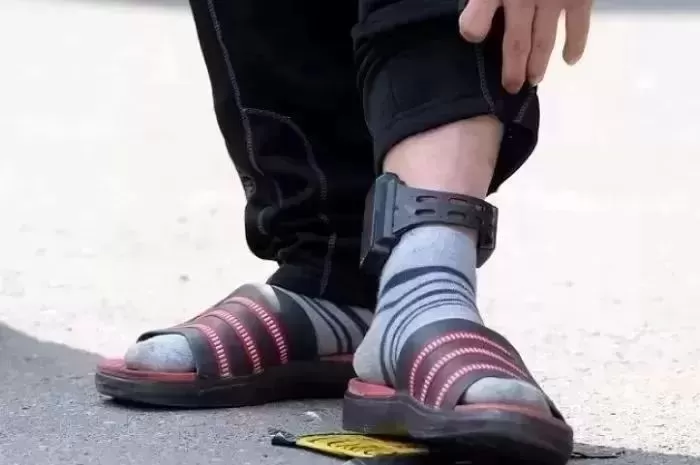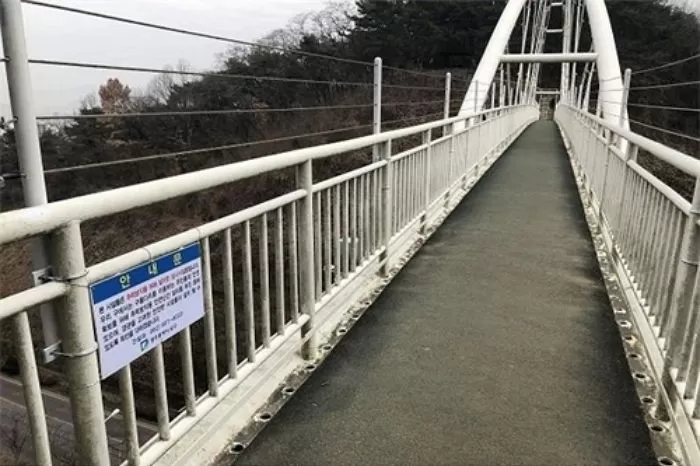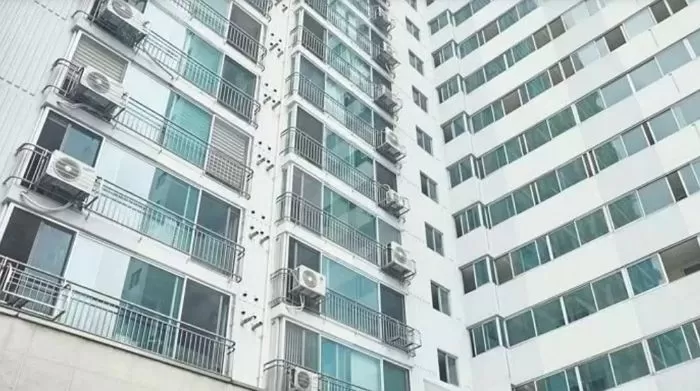Lee Jae-myung surpasses 50% in suitability for next presidential candidate… Gap with other ruling party candidates widens
Lee Jae-myung, the presidential candidate of the Democratic Party of Korea, recorded 50.2% in a recent suitability survey for the next presidential candidate, breaking the 50% mark for the first time.
In a survey conducted by Realmeter at the request of the Energy Economics Newspaper from the 16th to the 18th, 1,504 voters aged 18 and older nationwide participated, showing an increase of 1.4 percentage points compared to the previous week.
In the conservative camp, Kim Moon-soo, a candidate from the People Power Party (PPP), ranked second with 12.2%, an increase of 1.3 percentage points from the previous week. Following him, Han Dong-hoon from the PPP recorded 8.5% (up 2.3 percentage points), and Hong Joon-pyo recorded 7.5% (up 2.3 percentage points).
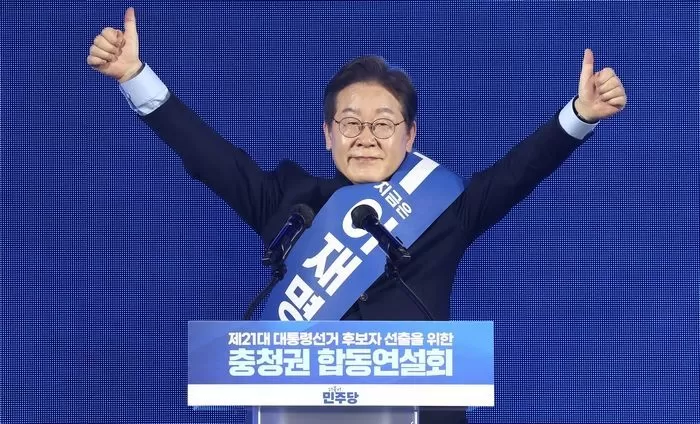
Na Kyung-won received 4.0%, Ahn Cheol-soo 3.7% (up 1.3 percentage points), Lee Jun-seok of the Reform Party 3.5% (up 0.5 percentage points), Kim Dong-yeon of the Democratic Party 2.0% (up 0.8 percentage points), and Kim Kyung-soo 1.8% (up 0.5 percentage points).
Dispersed support for candidates from the ruling party and lack of extensibility… Gap in opposition support widens
Realmeter stated, “In the ruling party candidate pool, this week’s excluded Prime Minister Han Duck-soo’s support was evenly absorbed by other ruling party candidates, leading to an overall rise compared to the previous week.” However, it noted that key candidates such as Kim Moon-soo, Han Dong-hoon, and Hong Joon-pyo all remained in single digits or early 10% range, indicative of a clear lack of dispersibility and extensibility among the candidates.
The gap between the total support ratings for the opposition candidates (57.5%) and the ruling party candidates (35.9%) widened from 16.5 percentage points to 21.6 percentage points compared to the previous week, showing a strengthening of the opposition’s advantage.
In the Democratic Party’s suitability survey, Lee Jae-myung led with an overwhelming 53.4%, followed by Kim Dong-yeon at 17.3% and Kim Kyung-soo at 5.7%. Notably, among supporters of the Democratic Party and undecided voters, Lee Jae-myung garnered a high support rate of 82.9%, solidifying his position within the party.
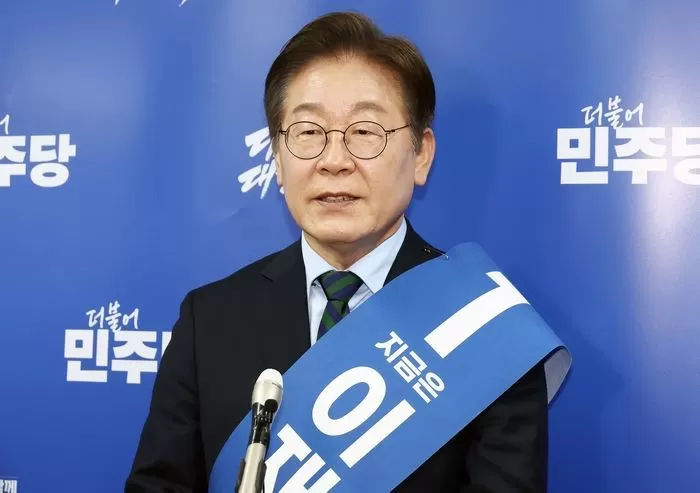
Intense competition among candidates of the People Power Party… The Democratic Party maintains an advantage in party support
In the suitability survey for candidates from the People Power Party, Kim Moon-soo ranked first with 18.6%, followed by Han Dong-hoon at 14.9%, Hong Joon-pyo at 12.4%, Ahn Cheol-soo at 9.6%, and Na Kyung-won at 6.4%.
According to a breakdown among supporters of the People Power Party and undecided voters, Kim received 27.8%, Han 19.8%, and Hong 17.9% in the suitability ratings.
In terms of party support, the Democratic Party of Korea led with 48.7%, far exceeding the People Power Party's 32.9%.
Comparing to the previous survey, the Democratic Party's support rose by 2.0 percentage points, while the People Power Party's support fell by 0.2 percentage points.
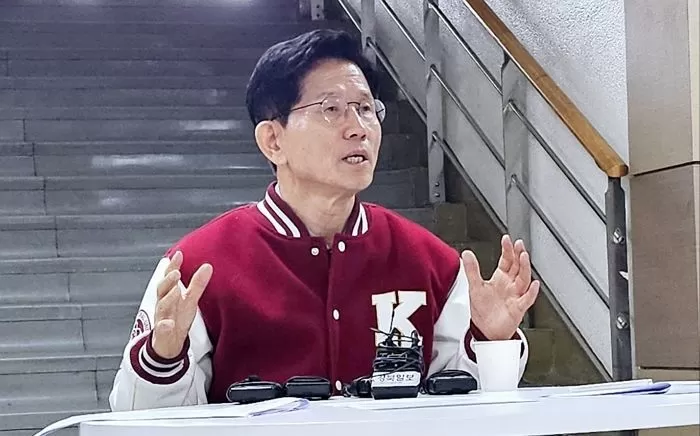
The gap between the two parties has widened by 2.2 percentage points to 15.8 percentage points, indicating that for four consecutive weeks, the gap remains outside the margin of error.
The Democratic Party has seen a rise for two consecutive weeks, while the People Power Party has shown a decline for four consecutive weeks.
Realmeter analyzed, “Recent preliminary candidates from the Democratic Party have targeted voter sentiment with policies related to the relocation of the office to Sejong, the administrative capital of Chungcheong, and the construction of mega-city transportation networks in Busan, Ulsan, and Gyeongnam. This has led to the consolidation of support in the Chungcheong area and Busan-Ulsan-Gyeongnam (PK), and among those in their 50s, leading to an ongoing upward trend in Democratic Party support.”
Sentiment favoring regime change is prevalent… Securing centrist support is crucial
In a preference survey for the next ruling party, the support for regime change was at 59.9%, an increase of 1.2 percentage points from the previous week, while support for regime extension decreased by 1.0 percentage points to 34.3%.
Since the fourth week of February, support for regime change has been ahead of support for regime extension outside the margin of error for eight consecutive weeks, with the gap progressively widening.
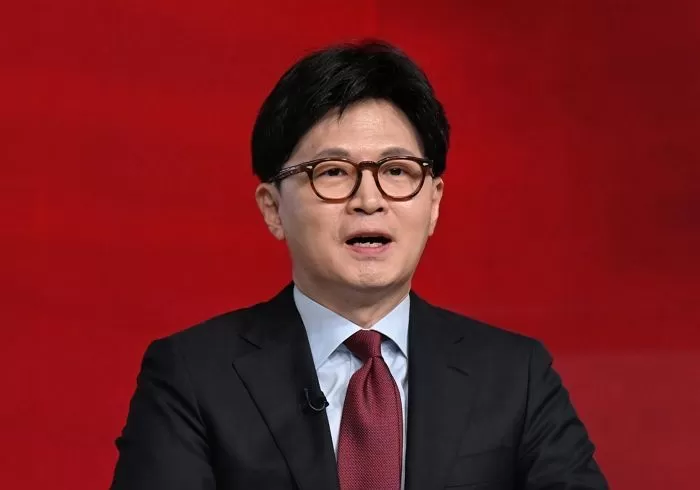
Especially among centrist voters, support for regime change (68.7%) greatly surpasses support for regime extension (27.4%), indicating that the centrist vote could be a critical factor in the next presidential election.
While support for regime change is strong in most regions, only in Daegu and North Gyeongsang (49.5% for regime extension vs. 42.9% for regime change) and among those aged 70 and older (48.0% for regime extension vs. 41.8% for regime change) does the opinion for regime extension hold sway.
This survey was conducted using 100% wireless automated response methods, achieving a response rate of 6.6%.
The margin of error at a 95% confidence level is ±2.5 percentage points.
Image sources: Lee Jae-myung, Democratic Party candidate / News1, News1, Kim Moon-soo, People Power Party candidate / News1, Han Dong-hoon, People Power Party candidate / News1.
